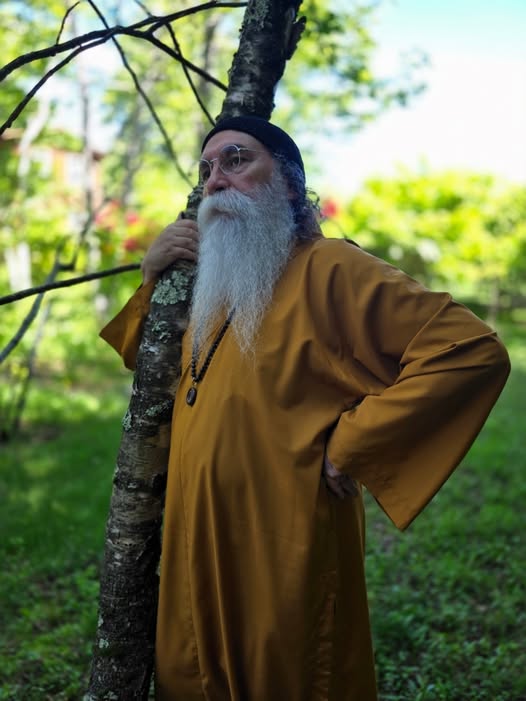“Life is not an object; it is a process. It is not ”something” that can be possessed, nor is it a goal to be achieved. It does not present itself as a fixed point on the horizon of existence, nor as an achievement attainable through will or calculation. Life manifests itself in the flow of time, moment by moment, like a flower that opens without witnesses, like a sky that requires no interpretation. To try to capture it or take possession of it is to exclude oneself from its unfolding.
The meaning of life is not achieved through effort. Effort can refine the ego, discipline it, or make it more functional within a given normative framework. It can construct a more acceptable or effective image of the subject. But it does not lead to the essential. What transcends—whether conceived as fulfillment, consciousness, divinity, or revelation—is not conquered, not obtained: it is received. It only appears when the tension to achieve it ceases. It is not the result of will, but the effect of an opening.
From this perspective, the attitude promoted by the Zen tradition is based on suspending all internal compulsion. It is not a renunciation understood as resignation, but a lucid surrender to the present. It is not the renunciation of the defeated but the surrender of the lover. There is no need to ascend, overcome, improve or conquer. It is enough to simply be. The here and now, when inhabited without expectation, without projection or desire for change, are enough. Inhabiting the moment only requires observation. It is not about correcting or judging. Authentic observation does not produce judgments or classifications. It does not determine what is good or bad. Judging interrupts the gaze, turning experience into interpretation. Instead, the witness remains: contemplating without appropriation, without interference, without intention. Observing as the sky observes the clouds. This form of undirected attention—unattached to purpose, free of moralism—generates a silent clarity. From this lucidity arises an understanding that does not aspire to change the world, but to inhabit it. In this understanding, the ordinary reveals itself as truly extraordinary. Eating, walking, talking, drinking, breathing, or looking are not means to achieve something else: they are the place where totality unfolds. There is no other state to reach. What is presented, as it is, is enough. It is not necessary to transform oneself into something else. It is not necessary to reach a higher state. The subject, in its present form, is whole. There is no urgency. There is no demand. The desire to construct a complex spirituality through techniques and methods is nothing more than a form of evasion. The essential is not found elsewhere: it is already here.
Therefore, it is enough to stop. To breathe. And allow the door to open.
Because it has never been closed.”
Prabhuji




